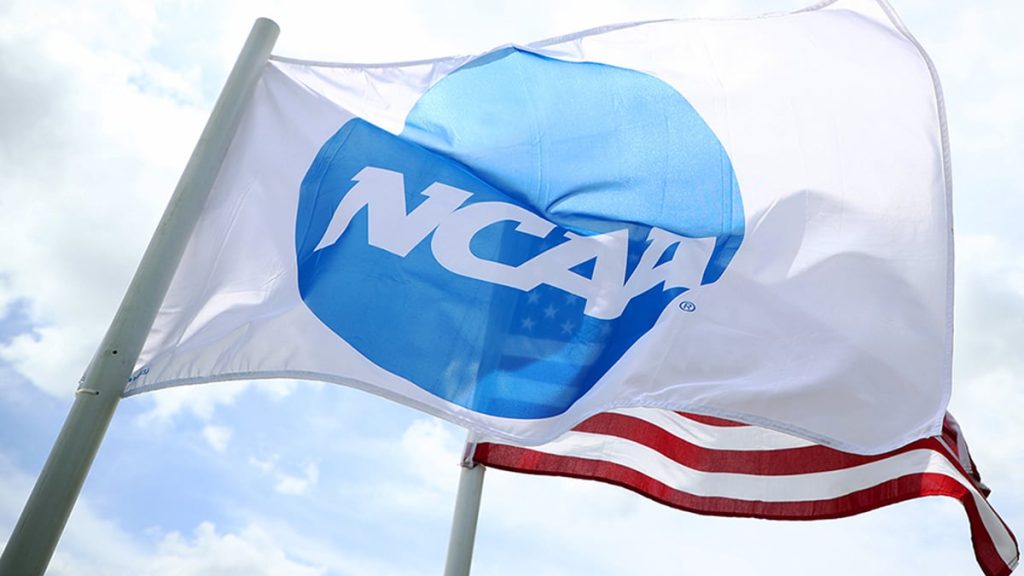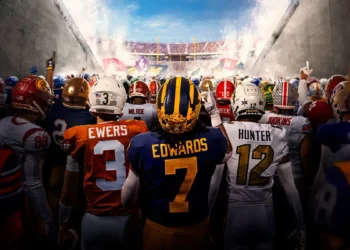This summer will mark the second anniversary of a landmark Supreme Court ruling that changed the college sports landscape forever. The ruling allowed student-athletes to profit from their name, image, and likeness (NIL), which had previously been forbidden by the NCAA’s business model. While most sports fans supported this change, the rollout of NIL deals has been less than ideal.
One of the biggest issues with NIL deals, according to Alabama football coach Nick Saban, is the role of booster collectives. These groups have become de facto lobbying firms that have influenced the recruiting landscape in significant and, according to some, harmful ways. The NCAA’s rapid adjustment of its policies after the Supreme Court ruling likely contributed to the rocky introduction of NIL.
To address the issues with NIL-induced chaos, federal legislation has been proposed by several members of Congress, including Alabama Senator Tommy Tuberville. The goal of the legislation is to establish clear rules for male and female athletes in every sport, at large and small schools in every state, to benefit from their name, image, and likeness.
In March 2023, the House Energy and Commerce Committee has scheduled a hearing to discuss the issue and create a clear set of rules to preserve the future of college athletics. While it’s uncertain who will be invited to speak in front of the committee, it’s likely that Charlie Baker, the former Massachusetts governor who recently replaced Mark Emmert as NCAA president, will offer his perspective.
It remains to be seen how the debate over NIL deals will ultimately pan out, but it’s clear that Congress is poised to take action. With big changes on the horizon, it’s essential to establish clear and fair rules that benefit student-athletes while preserving the integrity of college athletics.








